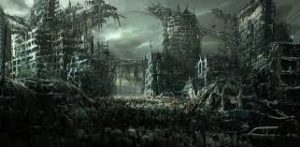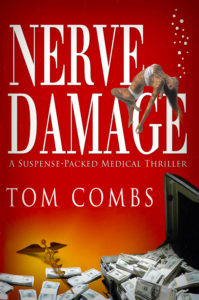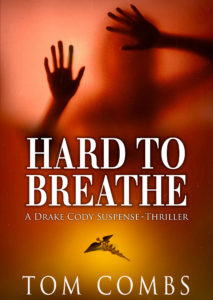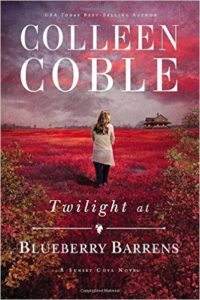John Gilstrap had an excellent post yesterday on Internal Monologue that resonated with me. He gave great examples of what works and what may not, with explanations on his sage reasoning. He certainly gave me things to think about in my own writing.
I tend to write in deep POV and very tight, with sparse narratives. This is especially true when I write my novella length stories for Kindle World, which is a great exercise in writing a tight plot and keeping the pace up.
In my full novels, I reign in my internal monologue and make it focused, with the character having a journey from beginning to end of the book, as well as a journey even within each scene, so I don’t repeat the deep POV thoughts.
On the FOR WRITERS resource on my website, I have a post titled – START WITH A BANG. If you scroll down to the “Ever thought about building an onion from the inside out?” sub-heading, you’ll find a section on how I let dialogue be the starting framework and how I layer in elements to fill out a scene. Internal monologue is vital to establishing my character’s journey and emotional growth and it’s something I focus on a great deal – even when I do my final draft read – but it’s the last thing I add to any scene, because I want to control it and isolate the journey to avoid pitfalls.
Despite my own methods, I greatly admire writers like Michael Connelly (particularly his Bosch series) where his mastery of his character’s internal views feel so authentic of an experienced war weary cop. He effortlessly brings in Bosch’s personal relationships and his workload to give a 360 view of this man’s life. That’s not an easy thing to do. It requires an intense knowledge of his character Bosch.
No matter how a writer learns how to craft internal monologue, it is easily one of the areas an author can veer off course and overuse…or under use, for that matter. Have you ever read a book that is all action, devoid of emotion or insight into the character’s internal battle and conflict? This is definitely a balancing game to get internal monologue to enhance your writing and make your stories memorable for readers.
Key Points to Finding the Right Balance for Internal Monologue:
1.) DIALOGUE – If you see your narrative paragraphs stretching out onto the page in weighty clumps, look for ways to make your internal monologue lean and mean by use of dialogue. This is something I have to pay attention to, even with my sparse style. Clever dialogue is a challenge, but it can be so much fun to write.
Plus, effective dialogue can help you pace your novel and tease the reader with red herrings or mystery elements, and not a plot dump of internal thoughts.
2.) LESS IS MORE – It’s easy to get carried away with every aspect of a character’s POV. The reader doesn’t need to know every logical argument for their action or inaction. People don’t think like this, especially in the heat of the moment in an action scene.
Have patience to let the story unfold. Too much internal thought can dry up pace and bore readers. The reader doesn’t need to know everything, especially all at once in a dump.
Also be careful NOT to repeat the same thought over and over. Repeating internal strife does not constitute a journey. It only reminds the reader that the author is searching for different ways to describe the same thing. Oy.
3.) TIMING – pick your spots when internal monologue makes the most sense. James Scott Bell wrote a great post on What’s the Deal on Dreams in Fiction where he talks about starting a novel with a character in thought, no action or disturbance. Resist the urge to bury your reader in internal monologue right out of the gate.
In addition, if your character is in the middle of a shoot out, that would not be the most opportune time to share his feelings on getting dumped by his girlfriend, not even if she is the one shooting at him. (Although I would love to read a scene like that.) To make the danger seem real, stick with the action and minimize the internal strife until it’s logical for the character to ponder what happened after.
Plus, if you spill the exposition too early, the reader won’t retain it as well as if you had waited for the right timing, when the reveal would be most effective.
4.) SHOW DON’T TELL – Once you get into the quagmire of telling a character’s POV, it’s too easy to get carried away with the rest of your book. If you can SHOW what a character is feeling, and let the reader take what they will from the scene, you will leave an image nugget that will stick with them. TELLING doesn’t have the same impact.
5.) ACTION & DIALOGUE DEFINE CHARACTER – These are the two areas where readers will most remember a book. Unless you’re into author craft and can appreciate the internal monologue finesse of John Gilstrap and Michael Connelly and many other author favorites, you probably may not remember how effectively the author used internal monologue. It’s like the color black. It goes with everything in such a subtle way that you may not notice it.
FOR DISCUSSION:
1.) What tips do you have to share on how you handle internal monologue in your own writing?
2.) With the key points I listed above, do any of them pose a particular challenge for you?
3.) Name a recent book you read where you noticed the author’s deft handling of internal monologue. (I would love to expand my TBR pile.)









